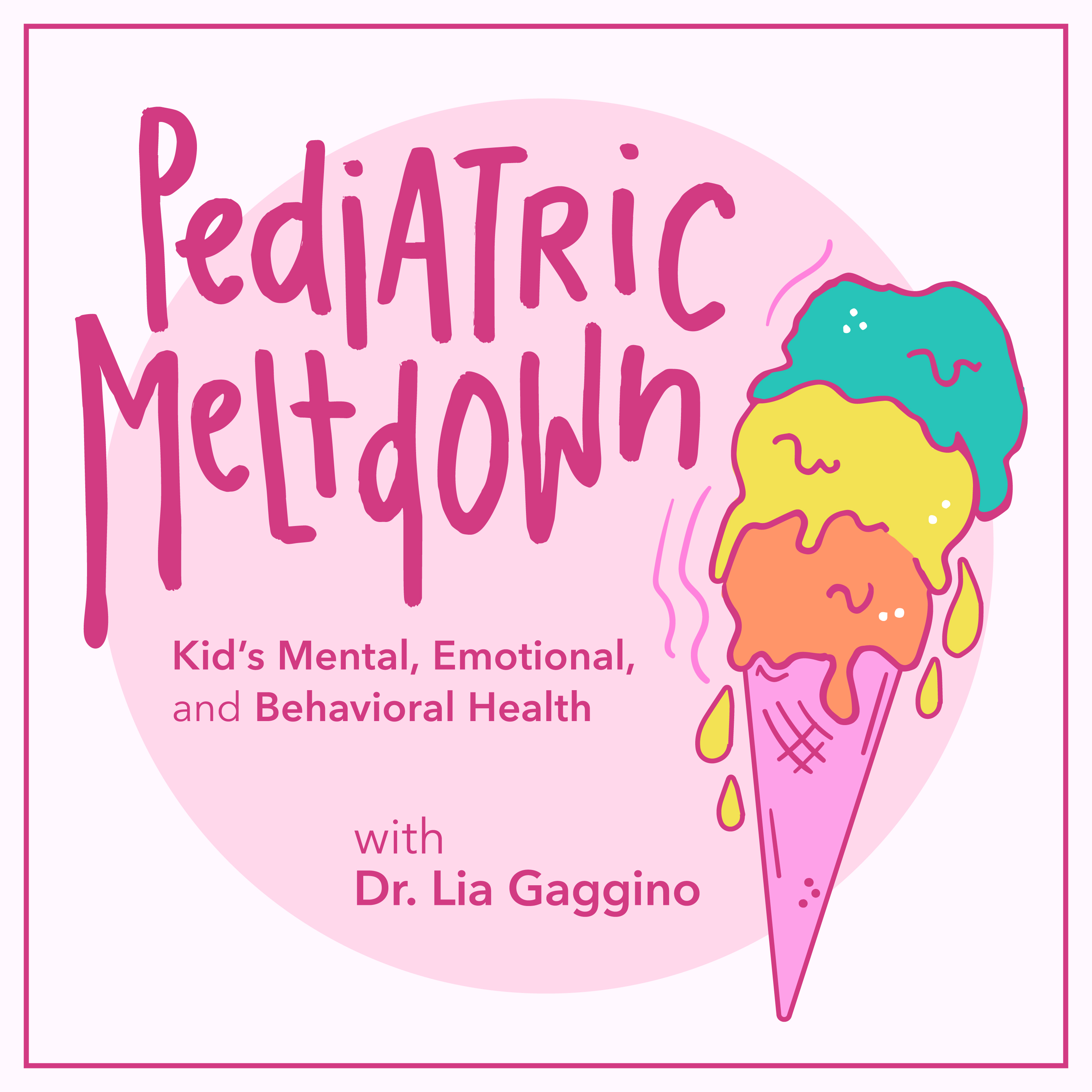
19 Autism Spectrum Disorders in Primary Care: Recognizing Early Signs and Initiating Treatment
Podcast: Pediatric Meltdown
Autor:Lia Gaggino
Escuchar Episodio
Descripción del Episodio
https://302.buzz/PM-WhatAreYourThoughtsWe have a special episode for today because of two important guests. Dr. Sheila Marcus is the Section Chief of the Child and Adolescent Psychiatry of Michigan M…

Episodios Relacionados
-
224. Adult ADHD: Diagnosis and Treatment diciembre 11, 2024
-
223. ADHD and the Anxiety Monster: Strategies to Break the Cycle diciembre 4, 2024
-
218. Vote For Kids octubre 30, 2024
-
209. The Joy of Pediatrics: The Magic in the Room agosto 28, 2024
-
200. Reflections of 200 Episodes junio 26, 2024